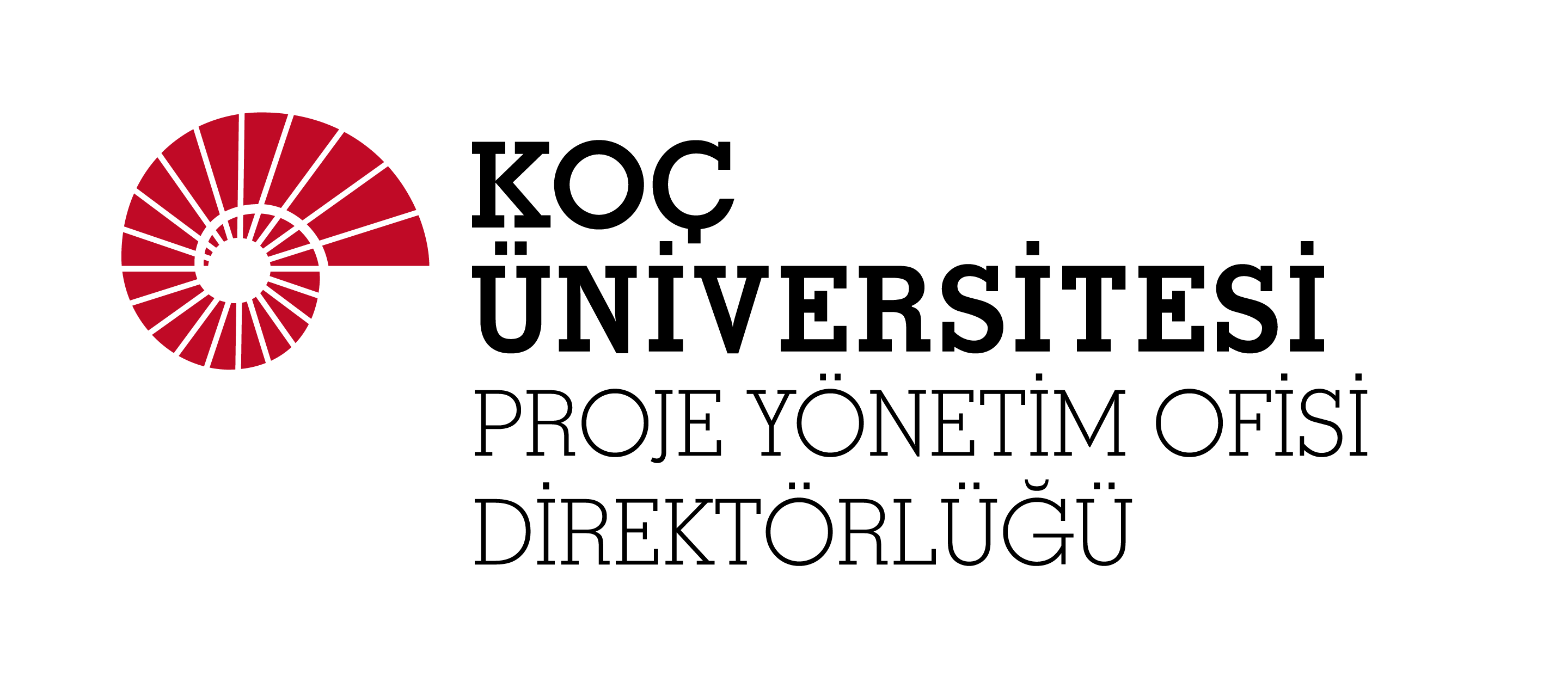Proje Yönetim Ofisi Direktörlüğü olarak araştırma projelerinin sözleşme aşamasından başarıyla tamamlanmasına kadar geçen hayat döngüsü içerisindeki tüm proje yönetimi, finans ve raporlama ile ilgili süreçlerde öğretim üyelerimize destek vermektedir.
28ERC Projesi ile Türkiye'de öncü
24milyon € H2020 (1. üniversite)
16.1milyon € Ufuk Avrupa (2023)
1420proje (2004-2023)
1.6milyar TL toplam Ar-Ge
